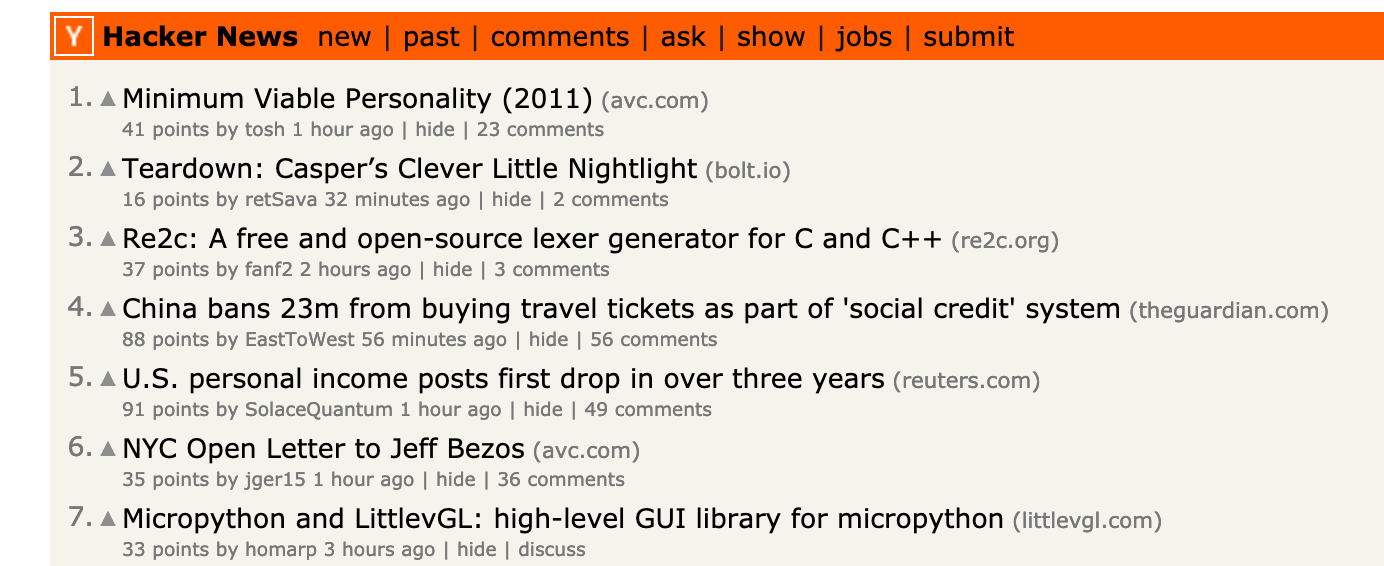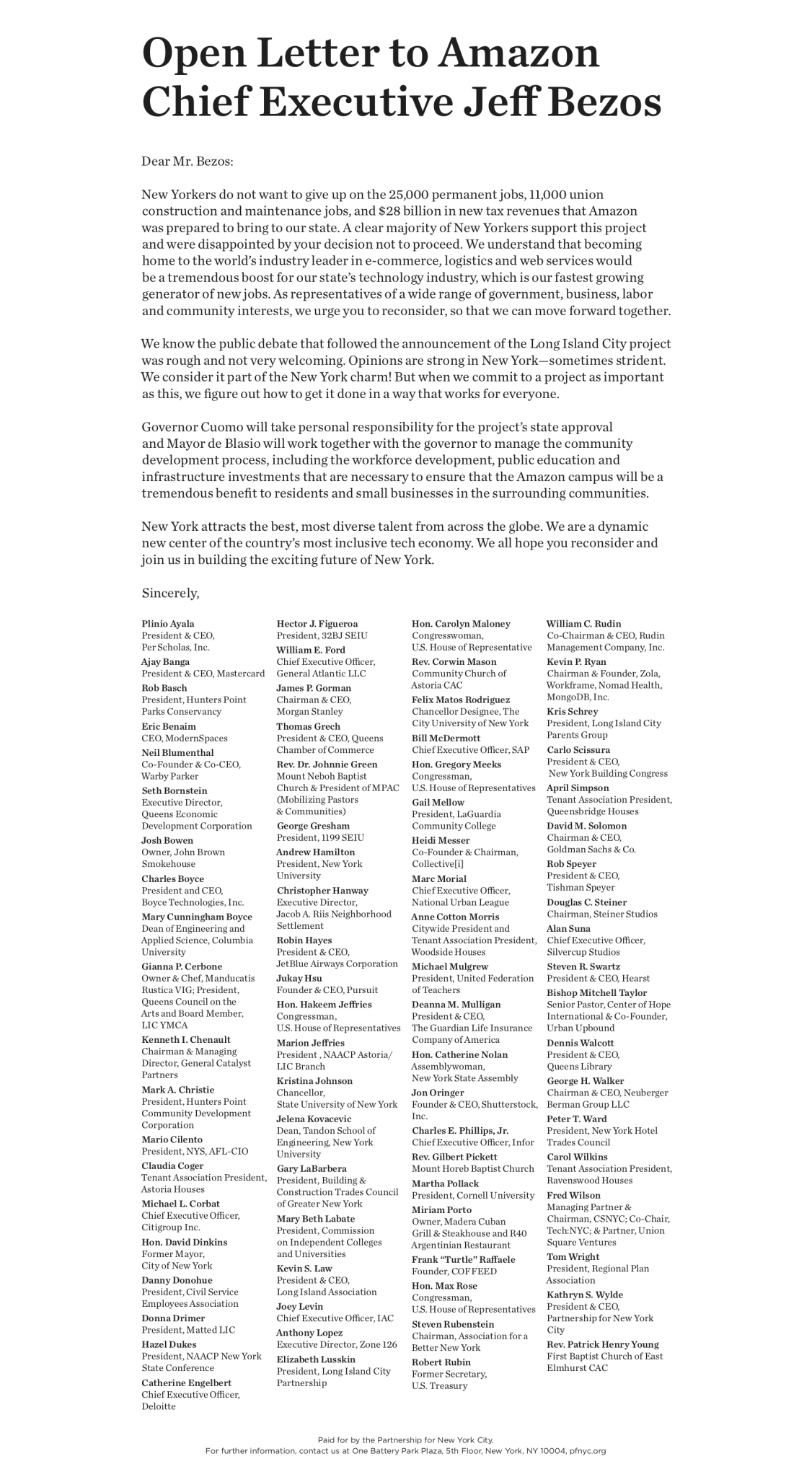The Warren Breakup Plan
Elizabeth Warren made news this weekend with her plan to breakup Google, Amazon, and Facebook (and also Apple).
Let me first say that I am sympathetic to Warren’s position. I particularly don’t like the way that Google, Apple, and Amazon use their market power in search and in their app stores to display their own products. The mobile app stores, in particular, have always seemed to me to be a constraint on innovation vs a contributor to it.
However, as you might imagine, I don’t love her proposal. I don’t think breaking up companies solves anything. And lots of rules on paper don’t either.
What we need is a competitive marketplace where new entrants have a chance to beat out old incumbents.
And I think we are on the cusp of that with crypto and the innovations in and around it.
This tweet exchange explains my high level view here:
we are on the cusp of a new architecture, based on a user's control of their own data, and monetized via protocol tokens, that will unseat all of these monopolies in time. the massive increase in ICO-based fundraising, largely outside of the US, is the counterweight to this.
— Fred Wilson (@fredwilson) March 9, 2019
I also quite like Mike Masnick’s much longer take on Warren’s plan.
What we need are policies that make it easier for startups to raise capital (like supporting ICOs instead of clamping down on them) and policies that open up the proprietary data assets of the big incumbents (like giving users control of their own data assets). Those sorts of things along with the never ending march of technology will do the trick I think.

